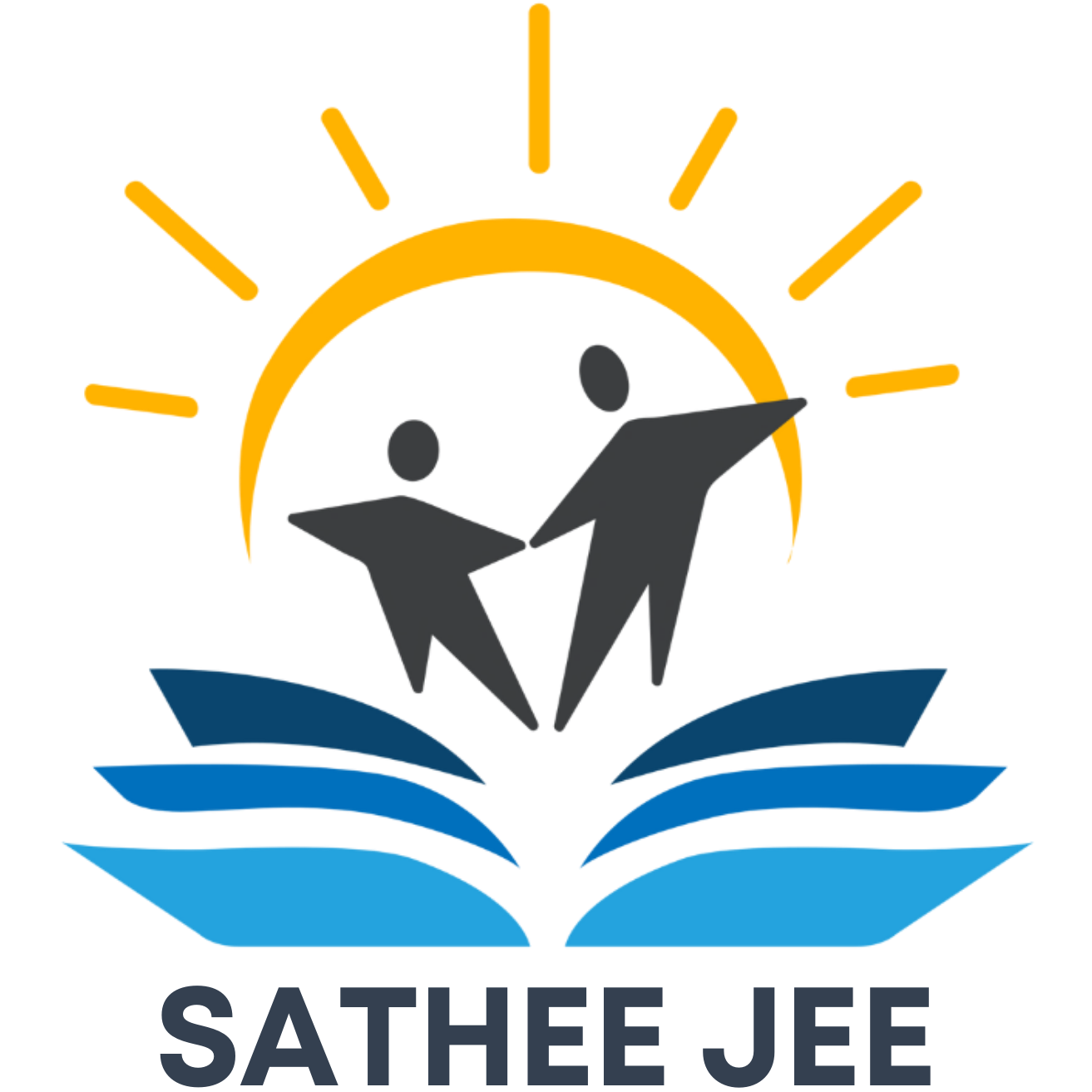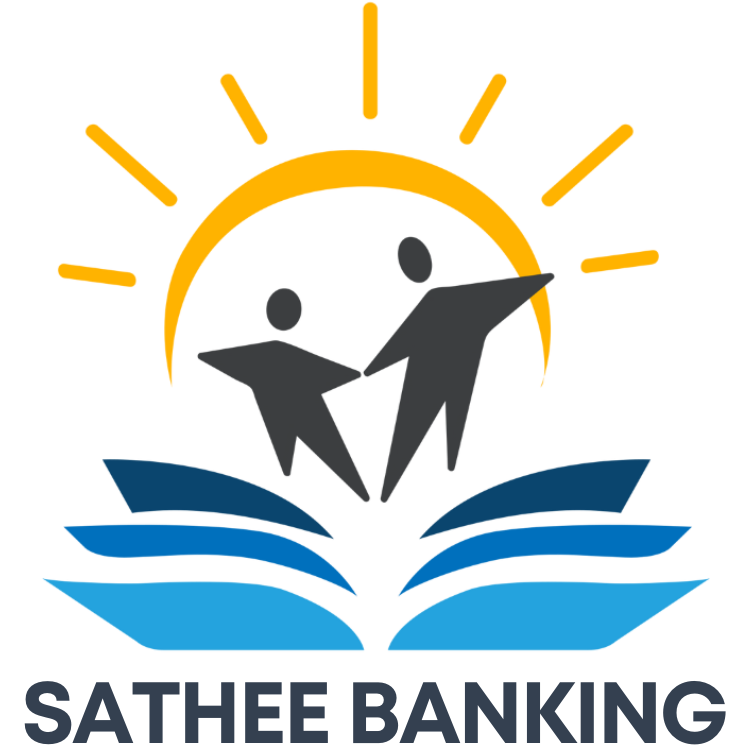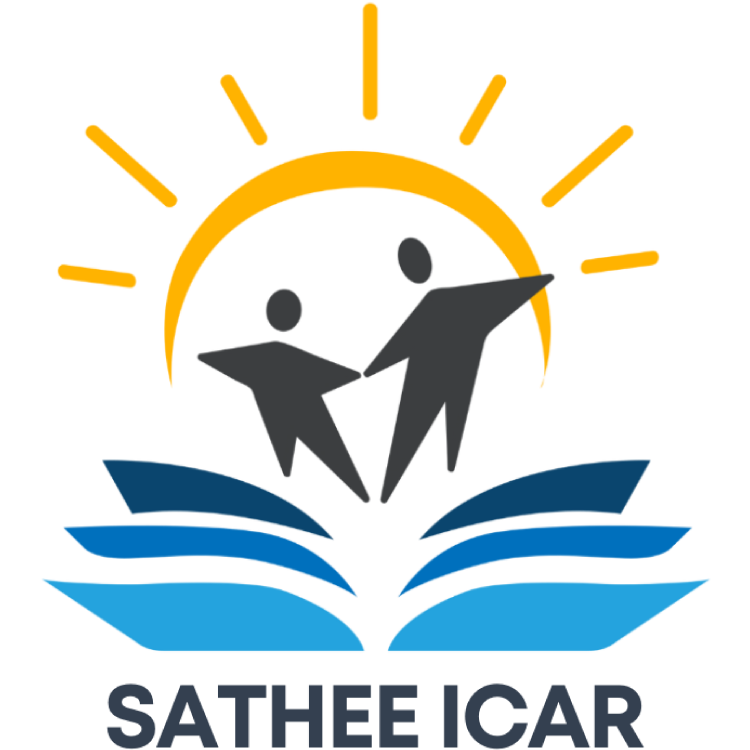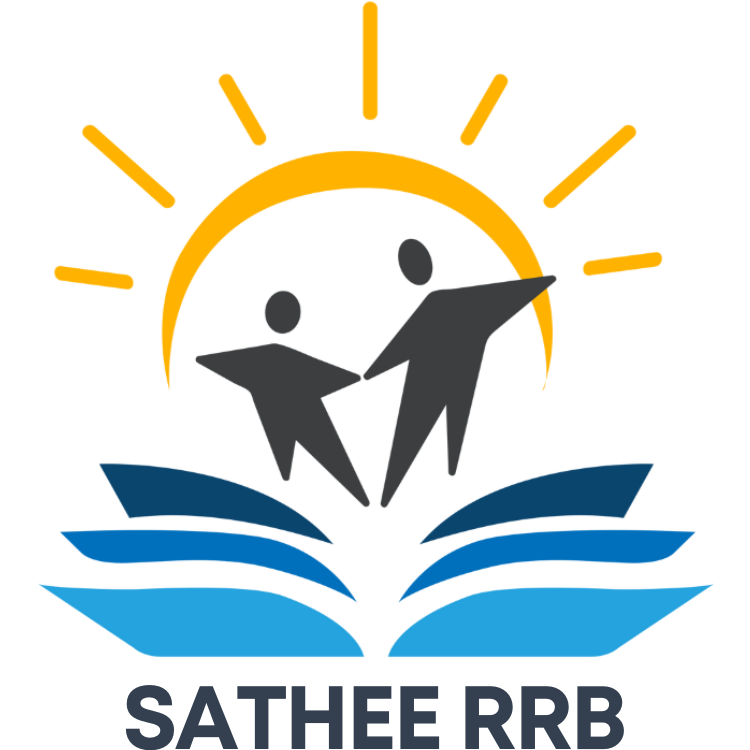Polity
Key Concepts & Formulas
Provide 5-7 essential concepts for Polity:
| # | Concept | Quick Explanation |
|---|---|---|
| 1 | Fundamental Rights | Six basic rights (14-32) enforceable by courts – Right to Equality, Freedom, against Exploitation, Religion, Culture & Education, Constitutional Remedies |
| 2 | Three-tier Government | Union (Centre), State, Local (Panchayat/Municipal) – powers divided by 7th Schedule into Union, State & Concurrent lists |
| 3 | President’s Rule (Art 356) | Imposed when constitutional machinery fails in a state – max 6 months at a stretch, total 3 years with Parliamentary approval |
| 4 | Emergency Provisions | Three types – National (Art 352), President’s Rule (Art 356), Financial (Art 360); must be approved by Parliament within 1 month |
| 5 | Parliamentary Structure | Two Houses – Lok Sabha (545 elected + 2 nominated) max strength 552; Rajya Sabha 238 elected + 12 nominated = 250 max |
| 6 | Supreme Court Judge Strength | 34 judges (including CJI) appointed by President; retirement 65 yrs; removal by Parliament with 2/3 majority |
| 7 | Constitutional Amendment | Three routes – Simple majority, Special majority (Art 368) + half states ratification for federal matters; 105 amendments so far |
10 Practice MCQs
Q1. Which part of the Indian Constitution contains the Fundamental Rights? A) Part I B) Part II C) Part III D) Part IV
Answer: C
Solution: Indian Constitution has 25 parts. Fundamental Rights are enshrined in Part III from Article 14 to 32.
Shortcut: Remember “FR-3” – Fundamental Rights = Part 3
Concept: Polity - Constitutional Parts
Q2. The maximum strength of Lok Sabha is A) 530 B) 545 C) 550 D) 552
Answer: D
Solution: Article 81 fixes max 552 – 530 from states, 20 from UTs, 2 Anglo-Indian nominated (now discontinued).
Shortcut: 5+5+2 = 552
Concept: Parliament - Lok Sabha composition
Q3. Who appoints the Chief Justice of India? A) Prime Minister B) President C) Collegium D) Law Minister
Answer: B
Solution: As per Article 124, President appoints CJI; convention is to appoint senior-most Supreme Court judge.
Shortcut: “CJI = President’s choice”
Concept: Judiciary - Appointment
Q4. If a train accident leads to President’s Rule in a state, within how many months must Parliament approve it? A) 1 B) 2 C) 3 D) 6
Answer: B
Solution: Art 356 proclamation must be approved by both Houses within 2 months; else it lapses.
Shortcut: “President’s Rule = 2-month ticket”
Concept: Emergency Provisions
Q5. The 42nd Constitutional Amendment is related to A) GST B) Min age 21 C) Added Fundamental Duties D) Created Panchayats
Answer: C
Solution: 1976 amendment added Part IVA (Art 51A) – 10 Fundamental Duties; also gave primacy to Directive Principles.
Shortcut: “42 = Duties” (4+2=6 letters in Duties)
Concept: Important Amendments
Q6. A Rajya Sabha member elected from Rajasthan in 2022 will retire in A) 2026 B) 2028 C) 2024 D) 2030
Answer: B
Solution: Rajya Sabha members have 6-year term; elections every 2 years for 1/3 seats. 2022 + 6 = 2028.
Shortcut: RS = 6-yr cycle
Concept: Parliament - Rajya Sabha tenure
Q7. Which list contains ‘Railways’? A) State B) Concurrent C) Union D) Residuary
Answer: C
Solution: Entry 22, Union List (7th Schedule) – Parliament alone can legislate on railways.
Shortcut: “Train runs on Union track”
Concept: Centre-State relations
Q8. The anti-defection law was added via which schedule? A) 8th B) 9th C) 10th D) 11th
Answer: C
Solution: 52nd amendment 1985 added 10th Schedule; disqualification for voluntary giving up party membership.
Shortcut: “10 = T for Turncoat”
Concept: Electoral reforms
Q9. A train passenger files a writ against railway fare hike. Which writ is most apt? A) Mandamus B) Certiorari C) Prohibition D) Quo-warranto
Answer: A
Solution: Mandamus commands authority to perform public duty; fare fixation is statutory duty.
Shortcut: “Mandamus = Make them move”
Concept: Constitutional Remedies
Q10. If 20% of Rajya Sabha members (absolute) give notice, the Chairman must admit A) Ordinary resolution B) Privilege motion C) No-confidence motion D) Motion for impeachment of President
Answer: B
Solution: Rule 187 needs 1/4 (≈25%) for privilege; but 20% is enough to bring matter to Chairman’s notice for admission.
Shortcut: “Privilege = 20% trigger”
Concept: Parliamentary procedures
5 Previous Year Questions
PYQ 1. How many Fundamental Duties are in the Indian Constitution? RRB NTPC 2021 CBT-1
Answer: 11
Solution: Originally 10 under Art 51A; 86th amendment 2002 added 11th duty – duty of parent/ guardian to provide education 6-14 yr child.
Exam Tip: Count on fingers – 11 duties; 6-14 age duty is newest.
PYQ 2. In which year was GST introduced via 101st Amendment? RRB Group D 2022
Answer: 2017
Solution: Constitutional amendment passed Aug 2016; came into force 1 July 2017; goods & services tax replaced multiple indirect taxes.
Exam Tip: Remember “GST-17” – 101st amend in 2017.
PYQ 3. What is the minimum age to become Prime Minister of India? RRB ALP 2018
Answer: 25 years
Solution: Art 84 read with Representation of People Act – must be 25 yrs to be MP (LS); PM must be MP.
Exam Tip: PM age = MLA age (25) ≠ RS member age (30).
PYQ 4. The term of a state Legislative Assembly is _____ years unless dissolved earlier. RRB JE 2019
Answer: 5
Solution: Art 172 fixes 5-year tenure from date of first sitting; Governor can dissolve earlier on CM advice.
Exam Tip: LS & Vidhan Sabha both 5 yrs; Rajya Sabha & Vidhan Parishad 6 yrs.
PYQ 5. Which article deals with the appointment of the Comptroller and Auditor General? RPF SI 2019
Answer: Article 148
Solution: CAG appointed by President; holds office 6 yrs or 65 yrs whichever earlier; removal same as SC judge.
Exam Tip: 148 – remember “1-4-8” like railway time-table 14:08.
Speed Tricks & Shortcuts
| Situation | Shortcut | Example |
|---|---|---|
| Remembering 6 Fundamental Rights | Use finger code: E-F-E-R-C-C (Equality, Freedom, Exploit, Religion, Culture, Constitutional) | 6 fingers = 6 rights |
| Lok Sabha vs Rajya Sabha seats | LS = 552 max (5-5-2); RS = 250 max (2-5-0) | 552 vs 250 |
| Amendment types | S-SR: Simple majority, Special majority, Special + Ratification | 1-2-3 → 1 simple, 2 special, 3 special+states |
| Emergency durations | Na-6-6: National 6 months, President 6 months, Financial 2 months extendable to 6 | 6-6-6/2 |
| Schedules count | 12 schedules – remember “12 coaches in Constitution Express” | 1-12 |
Common Mistakes to Avoid
| Mistake | Why Students Make It | Correct Approach |
|---|---|---|
| Confusing Directive Principles with FRs | Both in III & IV | FR = enforceable; DPSP = non-enforceable guidelines |
| Thinking CAG can be removed by President alone | Misread Art 148 | Removal needs Parliament procedure same as SC judge |
| Counting Anglo-Indian LS seats still | Amendment forgot | 104th amend 2020 discontinued nominated Anglo-Indian seats |
| Believing Governor has fixed 5 yr term | Reads Art 156 loosely | Governor holds office during pleasure of President – no fixed tenure |
| Mixing up 73rd & 74th amendments | Both 1992 | 73 → Panchayats (rural); 74 → Municipalities (urban) |
Quick Revision Flashcards
| Front (Question/Term) | Back (Answer) |
|---|---|
| Part IV A | Fundamental Duties (Art 51A) – 11 duties |
| Art 32 | Right to Constitutional Remedies – heart & soul (Dr Ambedkar) |
| 42nd Amendment Year | 1976 – Mini Constitution |
| 1st Constitutional Amendment | 1951 – added 9th Schedule to protect land reform laws |
| Impeachment of President | Art 61 – requires 1/4 LS/RS members notice + 2/3 majority |
| Gram Sabha | Constitutionally recognized under Art 243(b) – electorate of village |
| 7th Schedule Lists | 97 Union + 66 State + 47 Concurrent = 210 entries |
| Attorney General Tenure | Holds office during pleasure of President – no fixed term |
| Minimum age RS member | 30 years |
| Finance Commission Art | Art 280 – every 5 years or earlier |
Topic Connections
- Direct Link: Modern Indian History (constitutional developments 1858-1950) questions often precede polity MCQs.
- Combined Questions: Economics (GST Council, Finance Commission) + Polity; Geography (inter-state rivers) + Polity (Art 262).
- Foundation For: Current affairs questions on new bills, ordinances, court verdicts; also helps in Railway recruitment board interview questions on federalism, railway budget merger etc.











